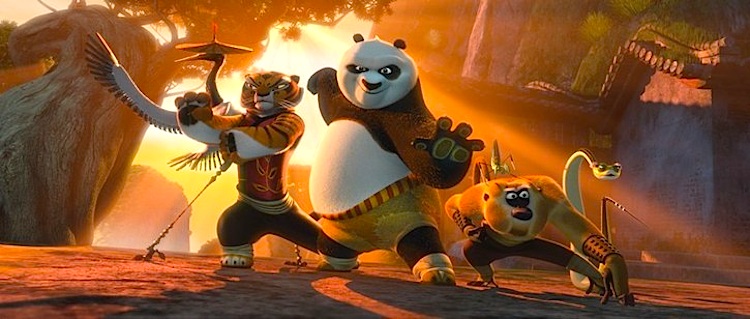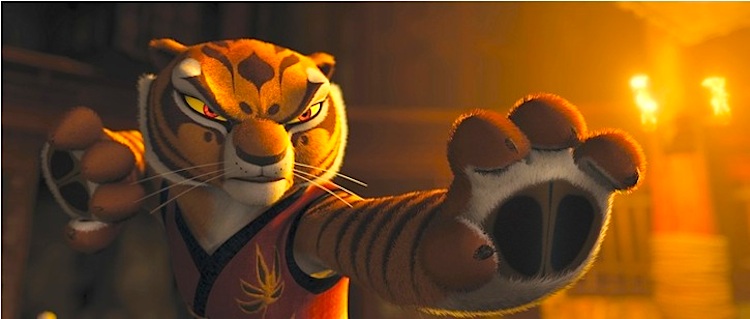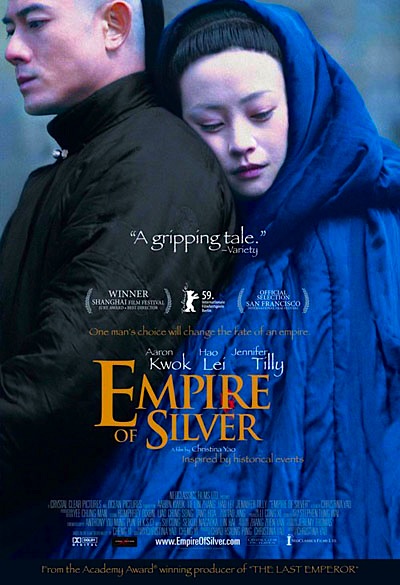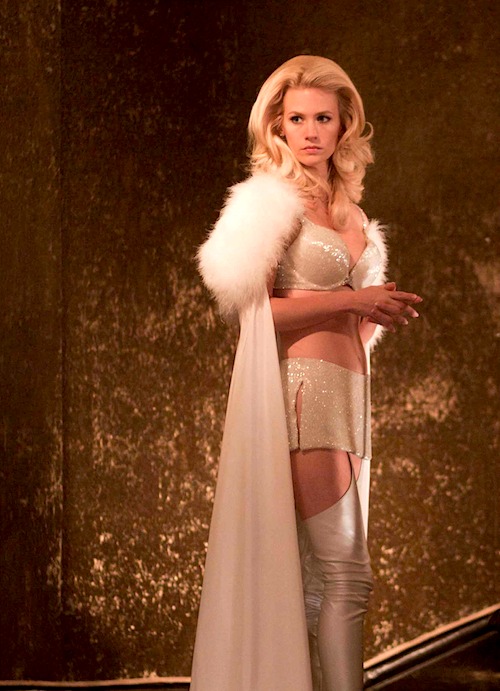
By Jason Apuzzo. I tend to approach comic book movies like someone working on a bomb-disposal squad: I dutifully suit up, say a fond farewell to my wife, head to the theater and pray nothing explodes in my face.
So for several months I’ve been eyeing X-Men: First Class, the latest entry in a franchise I’ve not generally liked, in hopes that this stylish-looking film – which mixes 60s spy chic, Cold War nostalgia and January Jones in a gravity-defying bustier – in hopes that the film would revive or at least agitate my interest in comic book fare.
Alas, it didn’t.
That’s not to say that X-Men: First Class doesn’t have its moments, or that the film isn’t entertaining. A film that riffs so freely and enthusiastically off James Bond films (of the Connery vintage), 60s go-go/mod culture, The Avengers, Cold War military thrillers like Ice Station Zebra, and even Dean Martin’s cheeky Matt Helm movies can’t be all bad, right? No, it certainly can’t – and X-Men: First Class is a diverting, two-hour plus voyage back into the Kennedy era, a period in which the West seemed a bit more self-confident, stylish and cohesive than it does today.
But First Class is a voyage that carries so much baggage with it – so much 2-cent teen psychology, so many embarrassingly campy characters (Beast, Banshee, and some chick who flies around like Tinkerbell with exploding saliva), and so much equivocating about the relative moral weight of America and the Soviet Union, that I’m unable to say I really enjoyed it.
And that’s a shame. You really have to work to make me not like a film of this kind. You have to do things like: suggest that America’s military establishment (along with the Soviets’) during the Kennedy era was being manipulated by a sadistic ex-Nazi … who likes to quote lines (of the “for us or against us” variety) from George W. Bush. You have to depict the CIA and America’s military high command as bumbling and incompetent at best, corrupt and ruthlessly exploitative of innocent peoples’ lives at worst.
You also have to give Kevin Bacon a major starring role. Do we still need that in 2011? I thought the 1980s had taught us better.
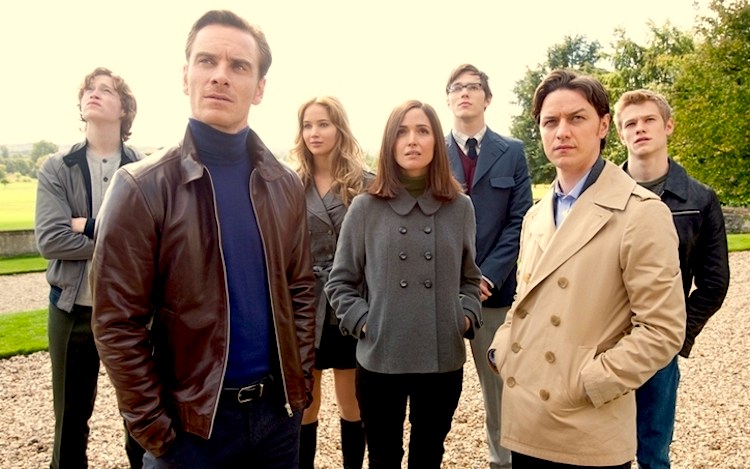
X-Men: First Class is the fifth film to mine the seemingly inexhaustible lore of the original X-Men comic book series, and it’s a film that has taken the unusual step of going all the way back to the series’ origins in the early 1960s – bravely eschewing Hollywood’s fear of losing teen audiences in period detail. It’s so easy to imagine the Fox executives to whom this film was pitched nervously asking, “Will teenagers know who the hell Kennedy was? Will we have to explain to them who the Soviets were, and why they were the bad guys? Does anybody still remember that Nazis fled to Argentina?” We tend to forget that the younger generation nowadays isn’t taught any of this stuff, and so can’t be counted on to have the same emotional response to the sight of, say, a May Day military parade in Moscow. For this reason, I applaud the makers of this film – and Brit director Matthew Vaughn, in particular – for having the ‘courage,’ if that’s the right term, to ignore conventional wisdom and trust that the glamour and romance of early 60s Cold War culture would shine through. It did. Continue reading The Cold War as Fashion Statement: LFM Reviews X-Men: First Class
